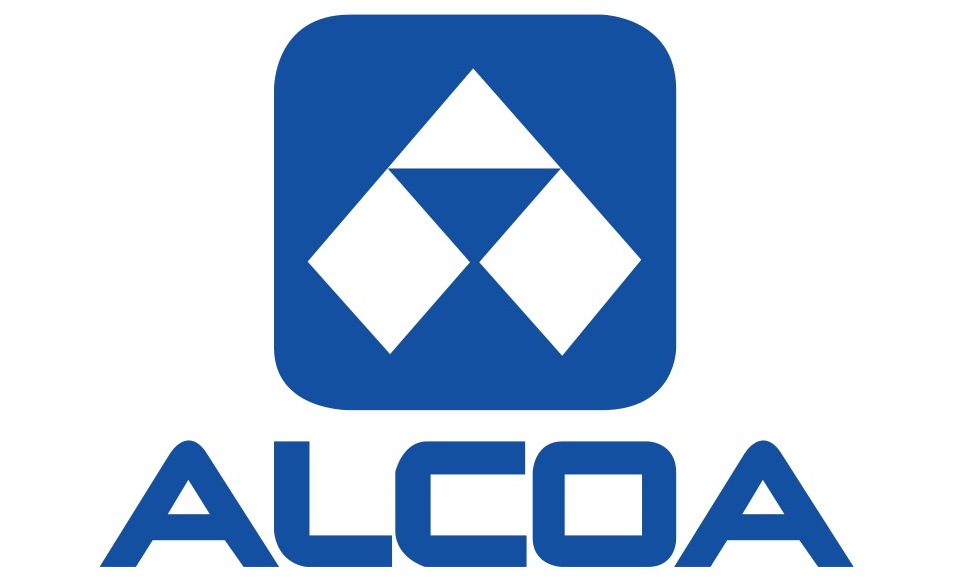Commodities & Metals
Why Alcoa Will Divide Itself Into Two Companies
Published:
Last Updated:

The upstream company will retain the Alcoa name and the value-add company will get a new name prior to the closing of the separation. Revenue for the upstream company for the 12 months through June 30, 2015, totaled $13.2 billion with $2.8 billion EBITDA. On a pro-forma basis, the value-add company would have posted revenues of $14.5 billion and EBITDA of $2.2 billion in the same period.
CEO and chairman Klaus Kleinfeld said:
We have repositioned the upstream business; we have an enviable bauxite position and are unrivalled in Alumina, we have optimized Aluminum, flexed our energy assets, and turned our casthouses into a commercial success story. The upstream business is now built to win throughout the cycle. Our multi-material value-add business is a leader in attractive growth markets. We have intensified innovation, made successful acquisitions, shed businesses without product differentiation, invested in smart organic growth, expanded our multi-materials profile and brought key technologies to market; all while significantly increasing profitability.
ALSO READ: 9 Well-Known Stocks With Solid Dividend Yields Above 5%
The upstream company will be the fourth-largest aluminum producer in the world and includes electricity generating capacity of about 1,550 megawatts. Aluminum smelting requires enormous amounts of electricity, and Alcoa said that it has secured approximately 75% of its projected smelter power needs through 2022.
The value-add company has benefited from the market boom in commercial aviation. The aerospace market accounts for about 40% of the pro-forma revenues for the value-add company. Revenues from the automotive sector are expected to rise to $1.8 billion by 2018.
Demand for airplanes and cars has helped Alcoa, but after posting a two-year high last fall, shares have lost nearly 50% largely on weak commodity prices. The outlook for aluminum pricing improves slightly from a World Bank estimate of $1,671 inflation-adjusted dollars per metric ton in 2015 to $1,764 per metric ton in 2025. Better than nothing, but not much better.
The success of the separation depends on the value-add company. Current Alcoa chairman and CEO Kleinfeld will assume the same roles at the value-add company and also serve as chairman of the upstream company to ensure a “smooth and effective transition.”
Alcoa’s shares closed at $9.07 on Friday, down about 1.2% for the day. Shares traded more than 6% higher in Monday’s premarket session at $9.64. The stock’s 52-week trading range is $7.97 to $9.29, and the consensus price target is $13.08.
ALSO READ: 5 Analyst Stock Picks Called to Rise 100% to 200%
Thank you for reading! Have some feedback for us?
Contact the 24/7 Wall St. editorial team.